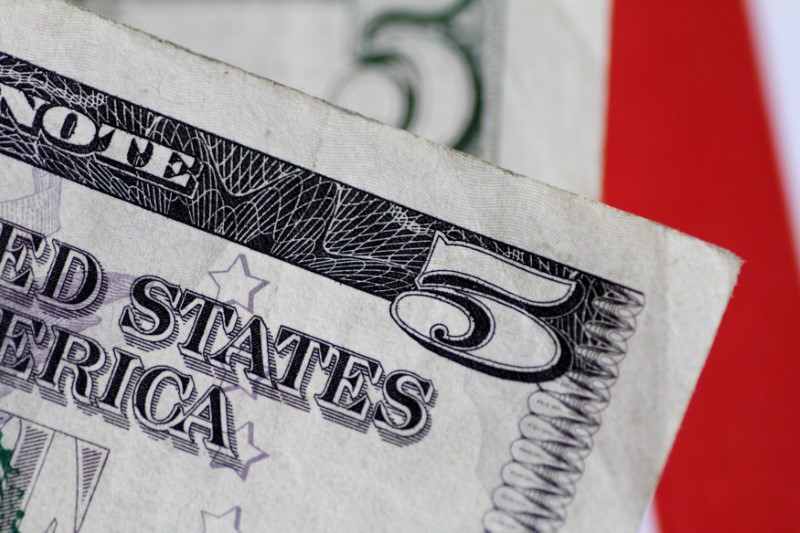By Geoffrey Smith
Investing.com -- The dollar weakened further in early trade in Europe on Wednesday, as the effective rejection of higher stimulus checks to U.S. households by Republican Senators failed to interrupt the steady flow of money into higher-yielding currencies.
On Tuesday, Senate Majority Leader Mitch McConnell had refused to timetable a vote on raising the direct payments that are set to go to most U.S. households from $600 to $2,000. Instead, McConnell introduced a bill that would bundle that measure with others – on liability protections for Internet companies and on alleged election irregularities - that are certain to be rejected by the Democrat-controlled House of Representatives.
By 4:10 AM ET (0910 GMT), the dollar index, which tracks the greenback against a basket of half a dozen advanced economy currencies, was down another 0.1% at 89.840. The biggest gainers within that basket were the Australian and New Zealand dollars, which continued to enjoy support from rising prices for industrial and agricultural commodities.
AUD/USD rose as high as 0.7664 overnight, its highest since June 2018, while the kiwi traded as high as 1.3909 to the dollar, its highest since April 2018.
Both currencies have in recent years been heavily influenced by Chinese demand for raw materials and food, and they pared their gains moderately after China revised down its estimate for gross domestic product growth in 2019 by 0.1% to 6.1%.
The British pound also rose 0.4% against the dollar and 0.3% against the euro, at the start of a day when the U.K.-EU trade deal is set to be voted through both chambers of parliament. There was additional support from the announcement that U.K. regulators have approved the AstraZeneca/Oxford University vaccine, paving the way for inoculations to begin in the new year. U.K. Health Minister Matt Hancock said the breakthrough could lead to the end of lockdown measures by spring.
The U.K.’s economy has been one of the hardest hit by the pandemic, owing to the authorities’ failure to stop its spread in its first phase, and to the disproportionately high share of services in its GDP.
Among emerging currencies, the Turkish lira rose to its highest since August, extending the gains it has made since President Recep Tayyip Erdogan abandoned his previous economic policies and swapped out his finance minister and central bank governor.
After a lull over the holiday period, the data calendar in the U.S. returns to life later on Wednesday with the release of the Chicago Purchasing Managers Index at 9:45 AM ET and existing home sales for November at 10 AM.
